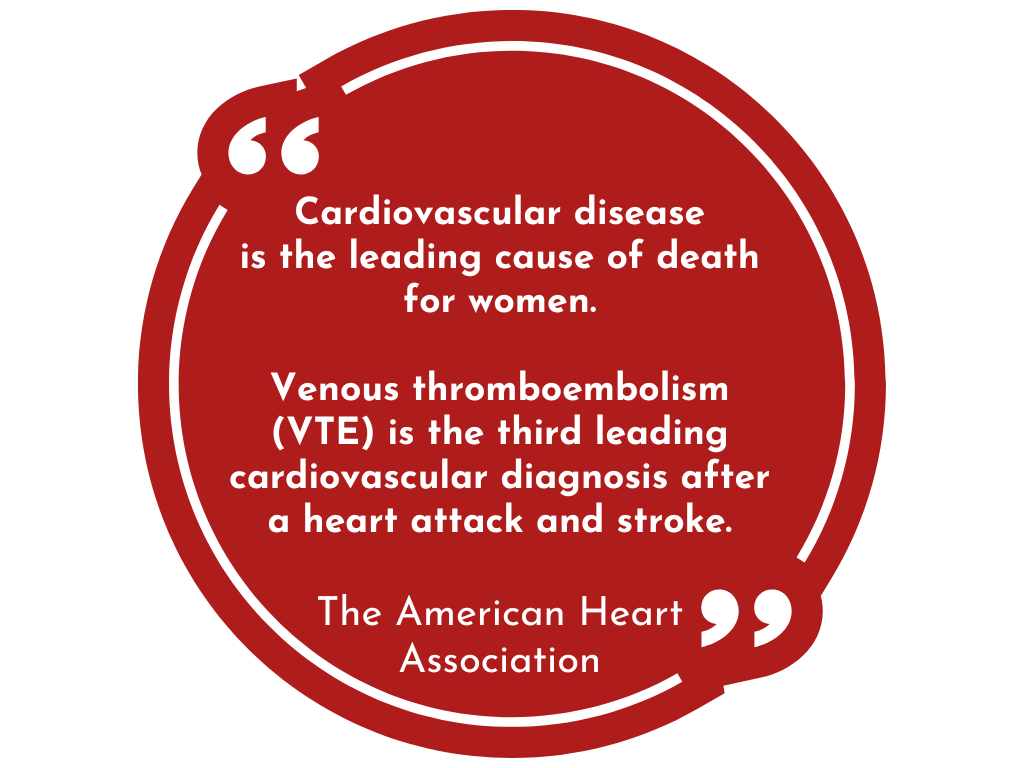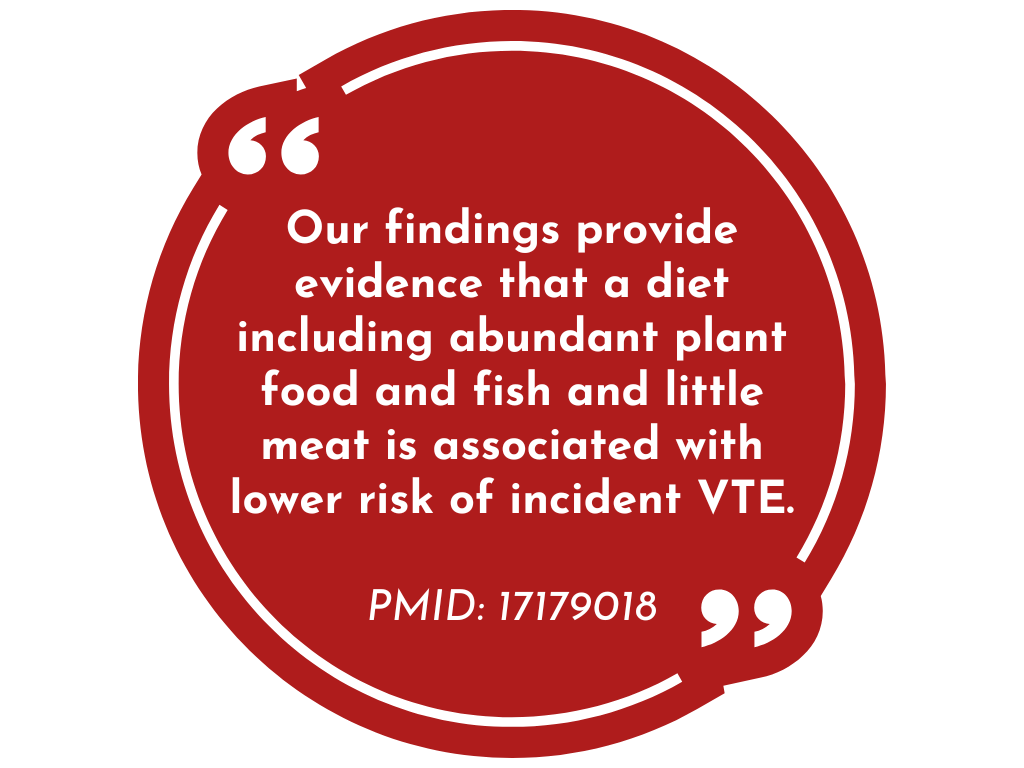Lifestyle Intervention: How Nutrition Can Play a Role in Reducing Blood Clot Risks
Did you know that predominantly plant-based food choices are considered foundational for good cardiovascular health?
Emphasis on predominantly because I know some of you greeted that nugget of nutritional information with, “I could never give up…” (I too was that person!)
But stick with me because plant-based eating isn’t about restriction. It’s about addition.
Blood clots are the THIRD most diagnosed cardiovascular event - it should come as no surprise that the abundance of science that shows us what’s good for the heart, seems to be good for the vascular system too!
How Do Plant-Based Foods Benefit Your Heart and Vascular Health?
I’m so glad you asked!
Science shows us that diets rich in fruits, veggies, whole grains, legumes, and lean animal or plant protein all have positive effects on the cardiovascular system in several ways:
Fiber: Fiber can help lower cholesterol levels, regulate blood pressure, and maintain healthy blood sugar levels - high cholesterol, high blood pressure, and blood sugar (collectively known as “cardiometabolic health”, can increase risks of blood clots.
Bonus for Tip for Blood Clot Survivors: Fiber plays a crucial role in good bathroom habits. Yep, we’re talking regular bowel movements and constipation prevention because those are important if you are on an anticoagulant (“blood thinner”) - straining puts pressure on the veins in the rectum, which can lead to hemorrhoids and bleeding risks.
Fiber is also the focus in continued research to understand why blood clots happen - fiber, gut health, and VTE will hopefully unlock future tools in prevention!
Anti-Inflammatory: Plant-based diets are anti-inflammatory - chronic inflammation is a clotting risk. High levels of fiber, antioxidants, and phytonutrients can reduce inflammatory markers and the risk of related conditions and diseases (high cholesterol, high blood pressure and Type 2 Diabetes) associated with blood clots
IMPORTANT NOTE ON INFLAMMATION
"Anti-inflammatory" is a term often used in health and wellness, especially when it comes to diets, but it’s important to understand it in context—particularly as a blood clot survivor.
Inflammation is the body’s natural response to illness or injury, helping us heal and protect ourselves. When we’re injured or sick, blood clots are part of the healing process, known as the "coagulation cascade," which helps stop bleeding and begin repair.
While we need inflammation to heal, the problem arises when it becomes chronic. Chronic inflammation can increase the risk of blood clots, even without injury or illness. The key issue isn’t inflammation itself, but when it becomes prolonged and uncontrolled.
It's chronic inflammation we want to reduce, not all inflammation.
Nutrient Dense: Foods like fruits, vegetables, whole grains, and lean proteins pack a lot of valuable nutrients – vitamins, minerals, antioxidants, and fiber for fewer calories.
This dietary “bang for your caloric buck” can be helpful if weight loss is a goal - nutrient dense foods can make you feel full and satisfied longer.
Plant-based foods are getting increasing recognition in dietary recommendations for supporting heart and vascular health in women but may also help in the menopause transition.
Blood Clot Recovery: My Plant-Based Journey
After reading the research from the "American Heart Association: Lifestyle Moderates the Genetic Risk of VTE", I could no longer accept that both of my blood clotting events were “unprovoked” - they shared lifestyle risks that science says are triggers, science that my care team agrees with.
With the okay from my care team, we began working on the lifestyle risks within my control - starting with a plant-based diet with the goals of improving my cardiovascular health, reducing my risks of a blood clot recurrence and managing my menopause symptoms as a woman with contraindications to hormone therapy.
IMPORTANT NOTE ON FOOD IS MEDICINE
You’ve probably heard that saying, I’m more of a “Food is Foundational” kind of girl - there will always be instances where changing your diet and lifestyle habits is not enough, medications and medical interventions will be needed. I’m in a long-term relationship with an anticoagulant…that will never change and it doesn’t mean I allow Eliquis to do all the work.
Making it Work for You: How to Get More Plants on Your Plate
As previously noted, emphasis is predominately plant-based - you can adjust from there…but here are a few tips to get you started.
- Consult a registered dietitian: Work with a registered dietitian to create a personalized nutrition plan that meets your needs, goals, preferences and works with your anticoagulant ("blood thinner")
- Download our free guide: Plant-Based After Blood Clots: How to Start
- Join our community: Connect with other women on our forum and social media to share tips, recipes, and support. Discover new ways to prepare delicious and satisfying plant-based meals – because healthy eating shouldn't be boring!


